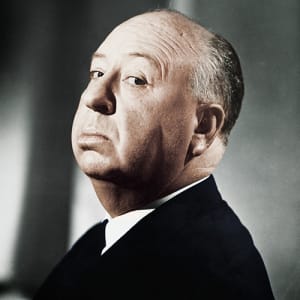
Alfred Hitchcock died on April 29, 1980. With his works, he masterfully “gets on our nerves” even today. Films, whether intentional or not, are always a reflection of the society, culture and geopolitical situation in which they are made. The bad guy is sometimes the (Nazi) German, sometimes the (Communist) Soviet, sometimes the (terrorist) Arab. […]